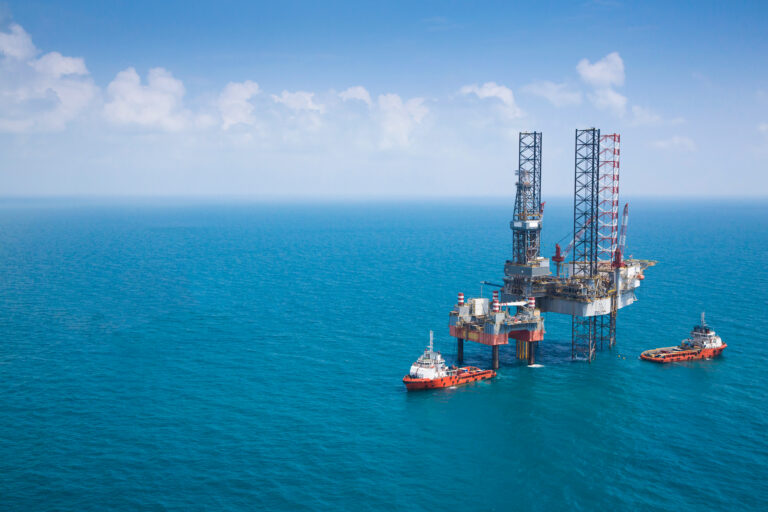Low-income consumers will suffer from DAPL shutdown
Albert Wynn, former Democratic member of the U.S. House of Representatives, recently wrote an op-ed featured in Real Clear Energy discussing how the ordered shutdown of Dakota Access Pipeline (DAPL) could harm low-income Americans.
As the U.S. economy is beginning to pick up amid COVID-induced hardships, Judge Boasberg’s ruling to shut down and empty DAPL is a tough blow for the energy industry and millions of American consumers. Fortunately, the U.S. District Court of Appeals for the District of Columbia has granted Dakota Access an administrative stay to continue operations while Boasberg’s ruling is considered on appeal.
Although many environmentalists and anti-pipeline activists support the shutdown of DAPL to further their agenda of an entirely renewable grid, this timeline, as well as the implications for how Americans can access safe, efficient energy, should also be considered. Wynn explains:
“In the meantime, the nation needs traditional energy resources to power homes, businesses, and the economy. And in their fevered quest to shut down not just DAPL, but other pipelines, environmental activists are also undermining their own mission by shutting down the safest and most environmentally-conscious way to move those resources. The closing of DAPL doesn’t eliminate the demand for energy or the need for transporting crude oil, it simply means alternative, and less safe means, must be utilized.”
2020 has been a difficult year for many Americans as millions have filed for unemployment and are struggling to make ends meet. Given these unprecedented financial challenges, pipeline projects like DAPL are even more critical as they continue to provide reliable, safe, cost-efficient energy for consumers:
“Pipelines are also the most affordable method of transporting fuel. The Congressional Research Service estimates that transporting crude by rail is two to three times as expensive as transport by pipeline. That increased cost is inevitably passed along to the consumer who bears the brunt of higher energy prices – an added burden millions of families can ill-afford to shoulder in the current COVID-19 economy. In the broader discussion about energy, we cannot forget the struggle of low-income Americans in paying their energy bills.
The bottom 20% of earners spend nearly 10% of their income on electricity – a basic necessity in modern life. Further, energy poverty and increased energy costs disproportionately impact minority communities, as 50% of all families that spend 10% of their income on electricity are African-American. DAPL is confined to one geographic region, but the rest of the nation will certainly feel the economic ripples of its closure.”
Wynn concludes by noting how a complicated regulatory process has created unnecessary hurdles for countless pipeline projects. A surge in recent pipeline difficulties, alongside the DAPL ruling, is cause for concern on how future energy infrastructure projects can move forward. Unfortunately, Americans will ultimately be penalized for these consistent setbacks in infrastructure development:
“At the end of the day, environmental concerns should be carefully considered in any infrastructure project. But that is exactly what took place with DAPL in its multi-year permitting and approval process overseen by the Army Corps and state regulators, and subsequent additional court-ordered review. When will it be enough? These type of rulings are already taking their toll on American energy. Just this past week, the developers of the Atlantic Coast Pipeline abandoned the project after years of legal challenges and regulatory red tape. There has become just too much uncertainty for large-scale energy infrastructure development – and American consumers will ultimately have to pay the price.”

